
We are Qualified Genetic Specialists & Correct Test Interpretation is our Expertise
At Genetics.ie, we offer a wide range of genetic testing services from our Blackrock clinic, and our expertise combines the appropriate marrying of clinical evaluation for genetic disorders with appropriate targeted genetic testing. One of our major strengths is in correct test interpretation. Genetic disorders can result from a mutation in a single gene (monogenic disorder) or the interaction and combination of genetic variants in several genes, which may impact upon one another (multifactorial inheritance disorder).

Why It's Important Genetic Tests Are Undertaken Through Genetic Clinics
The Genetics.ie team offers a variety of genetic testing services from our Blackrock clinic under the watchful eye of highly experienced Clinical Geneticist and founder Dr Willie Reardon. During his 35+ years at the world's leading hospitals, the single most common cause of medical error he’s seen is a lack of understanding of the link between gene testing, interpretation of results and recognition of disease causation.
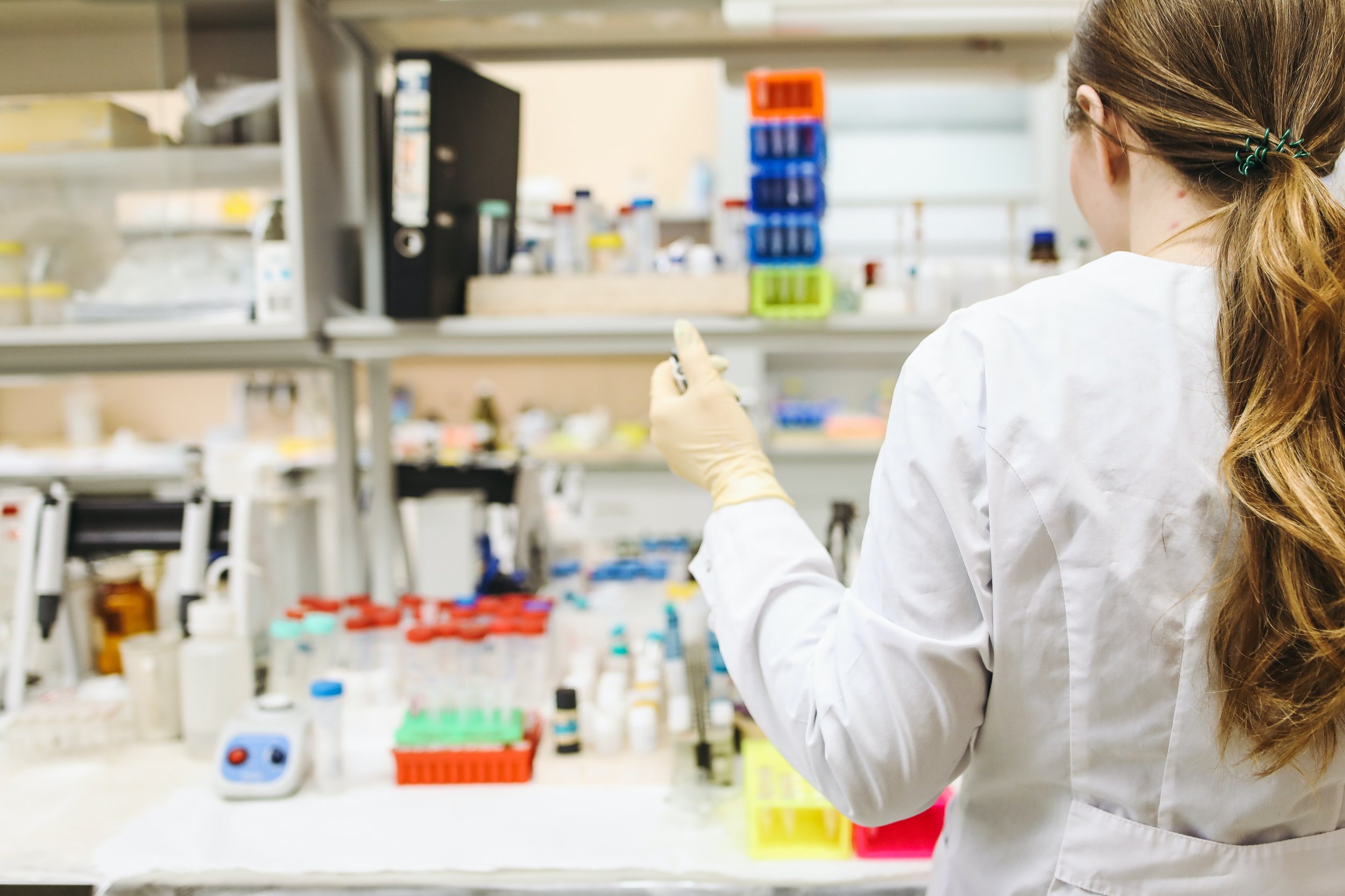
Explaining Cascade Testing for Genetic Conditions
At Genetics.ie, we regularly bring you blogs like this one to help our readers understand genetic testing and how it helps people obtain important information about their health. Today, we look at something known as Cascade Testing and who can benefit from it.
Cascade testing refers to the process that occurs when a genetic condition is discovered within the family, whereby other family members are informed and tested for the same condition. Many are not aware of having a genetic condition until its symptoms begin to affect their lives.

When Genetic Testing Might Help to Diagnose a Child's Condition
The Genetic testing team offers a comprehensive range of genetic testing services from our Blackrock clinic. Under the stewardship of our founder, the highly experienced Dr Willie Reardon - someone with more than 35 years of experience at the world's leading hospitals - we help people of all ages access important health information.
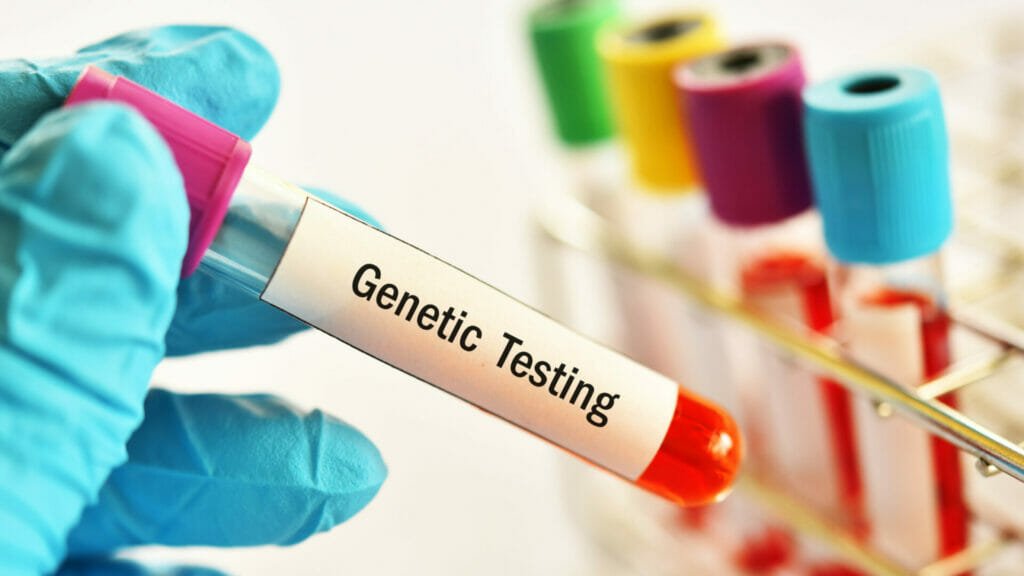
The Benefits of Genetic Testing for Neuromuscular Diseases
Neuromuscular diseases are known for affecting muscle function, resulting from issues with nerves and muscles, and the most common symptom is weakness. Affecting around 14m people around the world, neuromuscular diseases are often diagnosed through genetic testing.
In this article, we look at the benefits provided by genetic testing in relation to neuromuscular disorders, with the first being it allows more patients to get a definitive diagnosis. This provides closure, as well as advice on progression, prognosis and treatment.
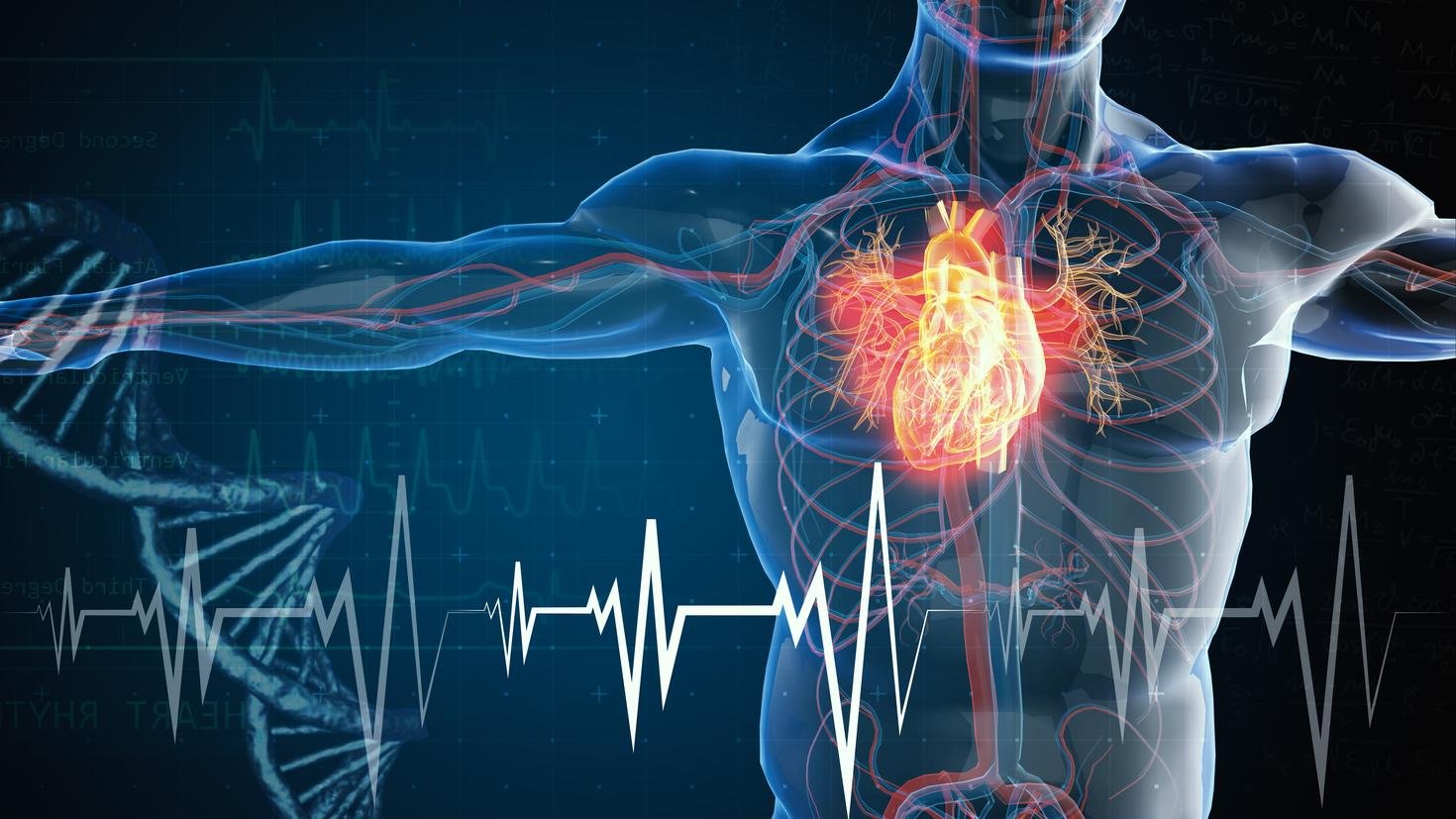
Inherited Neuromuscular Diseases & How Genetic Testing Helps
While not all neuromuscular diseases can be described as genetic disorders, many
are genetically determined. As such, genetic disorders are caused by gene variants, which are sometimes inherited from your parents. Each person has around 23,000 different genes, and genetic mutations within these genes are often the cause of genetic disease, even in the absence of a family history of the disorder.
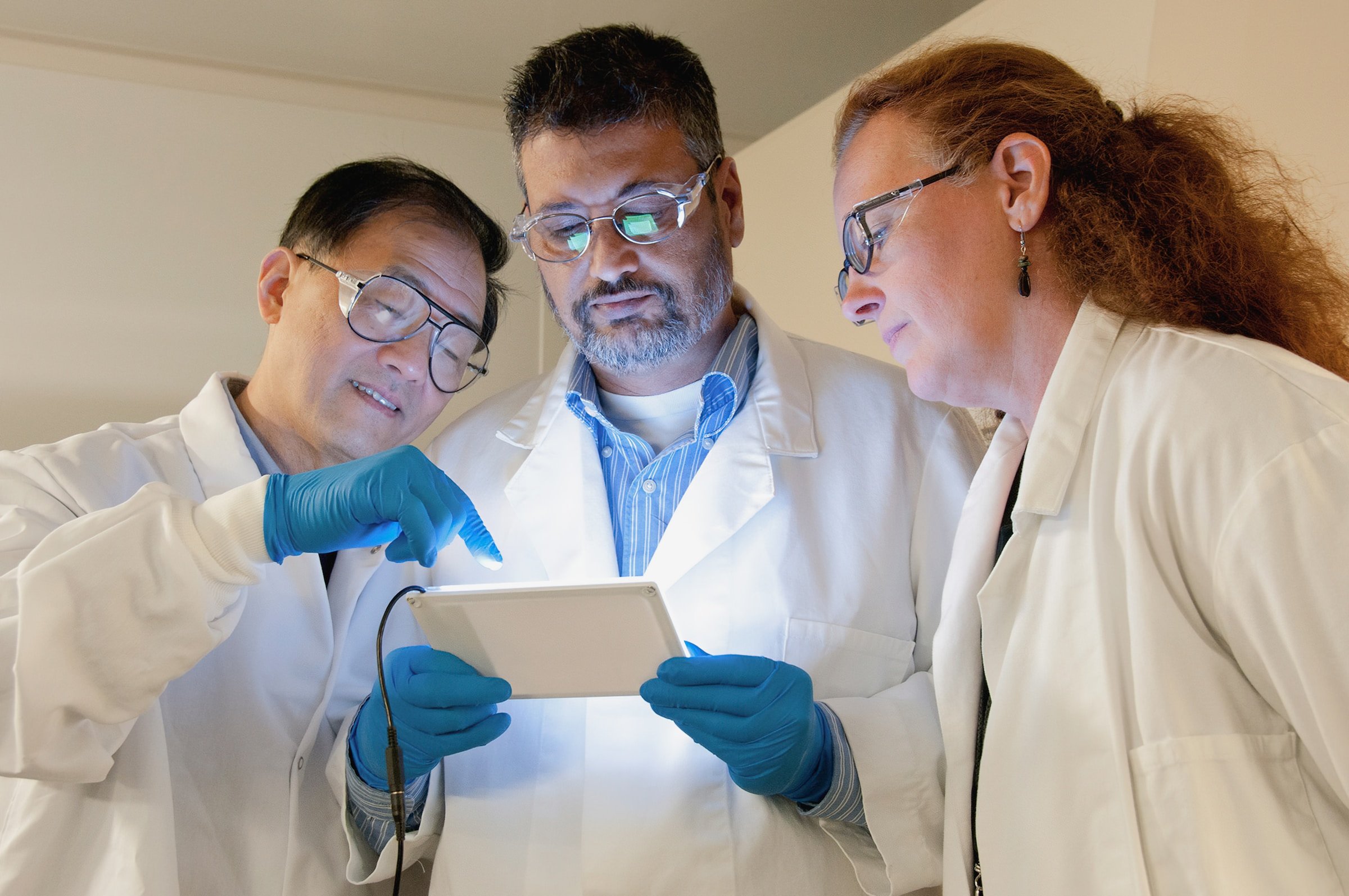
What Have Genetics Got to Do with Rare Diseases?
Rare diseases have been an increasing focus of attention over the last few years, with an EU definition of rare disease being 1 in 2000 people or fewer affected. According to science, there are more than 7,000 rare diseases, and between them, in the region of, 350 million people around the world are affected. While they affect just a small number of individuals, rare diseases represent a significant source of morbidity and adverse impact.

Why It's Important to Know Your Family History When There's a Genetic Link
Often, families share similar genetic backgrounds, lifestyles, and environments and offer clues as to health conditions that might run in a family. By understanding these patterns of disorders, genetic experts can determine the risk these health problems present to an individual, other family members and future generations.

Why Would a Genetic Test Be Suggested For My Child?
As a mother or father, you want what's best for your child and their health - it's simply part of being a parent. As such, when they experience health, or developmental concerns arise, it may be suggested that genetic testing be carried out. That said, it’s only in certain circumstances that this would be a suggested course of action.

Explaining Paediatric Geneticists & What they do
At Genetics.ie, we offer a wide range of genetic testing services from our Blackrock clinic under the supervision of Dr Willie Reardon. When we're not providing our patients with answers to life's most important questions, we're creating blogs like this one that educate our readers on various aspects from within our field.

Genetic Disorders - The Basics
At Genetics.ie, we offer a wide range of genetic testing services from our Blackrock clinic under the supervision of our founder, Dr Willie Reardon. To help you understand our services better, we're here to give you a brief overview of genetic disorders and why they occur.
Essentially, we all inherit our chromosomes from our parents, which typically comprise 23 pairs. Randomly, children get one of each pair of chromosomes from their father and another from their mother. An XX pair means a baby girl with an XY, a boy.

What is Trisomy 21 & how is it Diagnosed?
Trisomy 21 is the most prevalent chromosomal anomaly in human beings, also referred to as Down Syndrome, Trisomy 21 is a genetic condition that's characterised by an extra chromosome.

Which Diseases Can be Inherited
Parents can pass genetic disorders onto their children, even if they don't have the disorder themselves. As carriers, Mum and Dad can pass diseases onto their offspring - something that's aptly referred to as a hereditary disease. Hereditary diseases can also occur when neither parent is a carrier, and foetal malformations may arise as a consequence.

Chromosomal Disorders, Down Syndrome & Genetic Testing
At Genetics.ie, we offer a range of testing services that give patients the important information they need about themselves and their family's health. One area in which we have much experience is in the testing of chromosomal disorders.

Myotonic Dystrophy & Our Diagnostic Expertise
The main characteristics of myotonic dystrophy are progressive weakness and wasting of the muscles. Those with this disorder often experience involuntary muscle contractions (myotonia), such as not being able to release their grip on a door handle.

Sudden Adult Death Syndrome (SADS) & The Relevance of Genetic Testing in This Situation
At Genetics.ie, we offer a wide array of genetic testing services under the supervision of Dr Willie Reardon, someone with much experience in his field. Today, we're here to talk about a condition known as Sudden Adult Death Syndrome and how genetic testing can help.
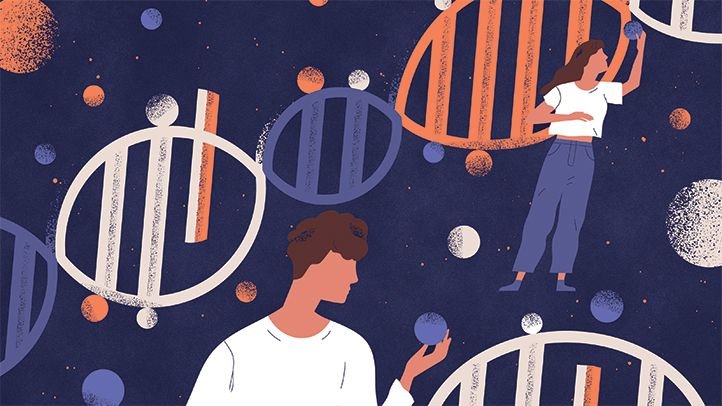
Muscular Dystrophy - What is it & How is it Diagnosed?
The term muscular dystrophies (MD) describes a group of genetic conditions which cause the muscles to gradually weaken, resulting in increasing disability. MD is a progressive condition, meaning that it worsens over time, often affecting a particular muscle group before eventually affecting others on a more widespread basis.

Dr Willie Reardon: Expert Medico-Legal Witness Since 1996
Dr Willie Reardon is the founder of Genetics.ie, a company that offers a wide range of genetic testing services, from testing for muscular dystrophies to chromosome disorders. Today, we look at his experience as a medico-legal witness - something he has been doing around the world for over 25 years.

Who is Dr Willie Reardon - the Founder of Genetics.ie?
All genetics testing services offered by Genetics.ie are carried out under the supervision of Dr Willie Reardon. As you can see, his experience and expertise spans many decades at some of the world’s most prestigious medical institutions. As such, as a patient with us, you’re in very good hands, irrespective of the service required.

Genetic Testing in Heart Disease
At Genetics.ie we offer a wide range of genetic testing services and today we’re here to talk about its relevance to those with heart disease. Specifically, there are genetic disorders of cardiac function, which may be the underlying reason for the cardiac problem in an individual and their family